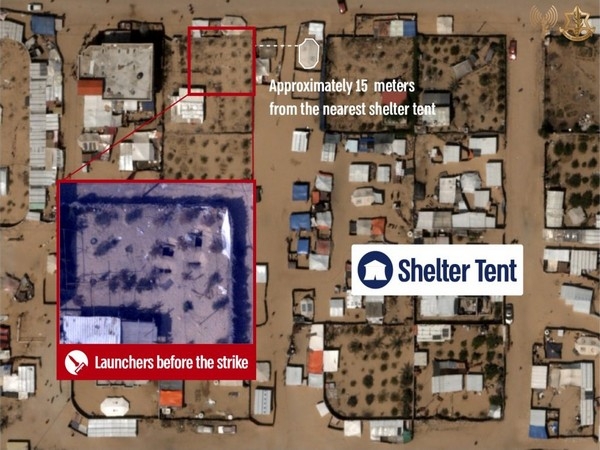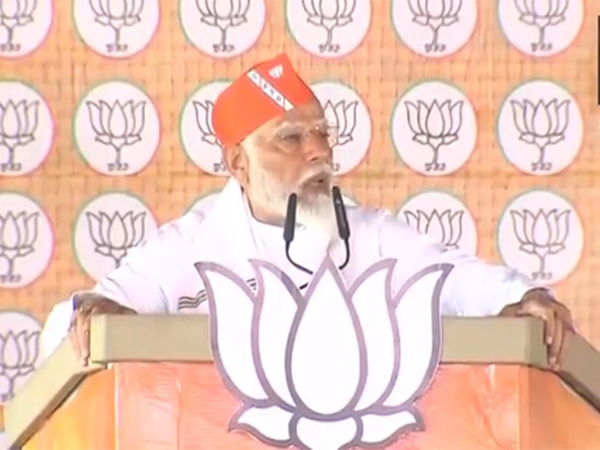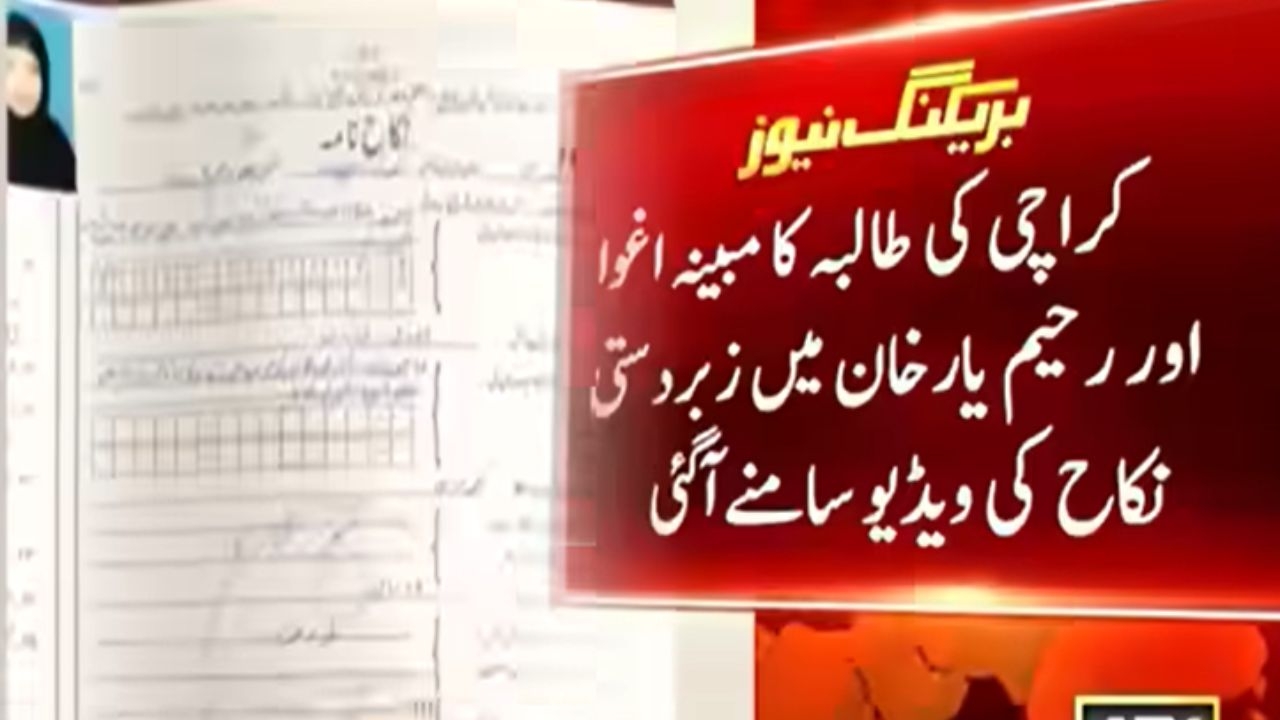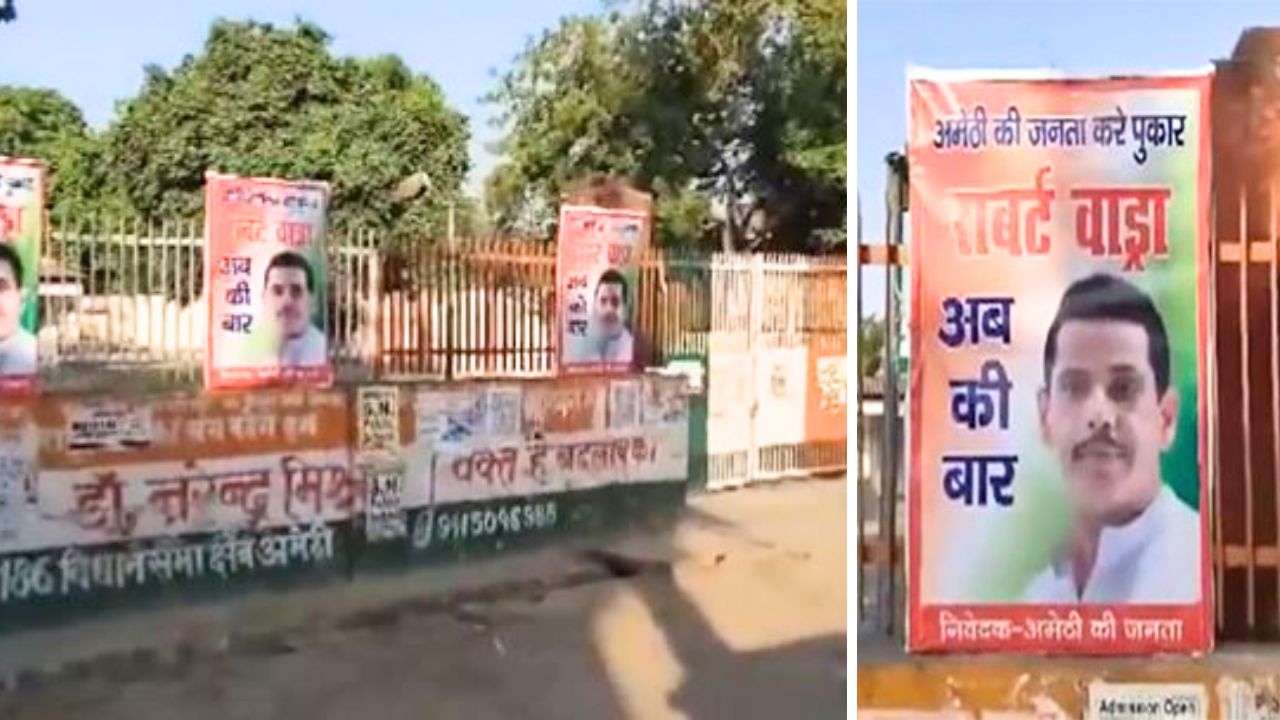Pathankot attack: Pak SIT may question Salvinder Singh
The Pakistani Special Investigation Team that is looking into the terrorist attack on the Pathankot air base on 2 January, may need to question Gurdaspur superintendent of police Salvinder Singh. Singh had claimed to have been kidnapped by the attackers, together with his cook and a friend, on the night of the attack, but then set free.
The National Investigation Agency had interrogated Salvinder Singh several times, even putting him through a lie detector test, after finding discrepancies in his narration of events, says the Hindustan Times.
Patidar man commits suicide in support of stir
The Patidar quota stir in Gujarat claimed another suicide on Thursday, committed allegedly in support of the agitation.
After Prakash Shaani, a 36-year-old Patidar, consumed pesticide and died, markets remained partially shut in Rajkot's Upleta and Dhoraji towns in mourning.
"We recovered a four-page suicide note from his room. His brother has confirmed that the handwriting in the note is that of Shaani's," said JK Zala, police inspector at Dhoraji.
The suicide note, according to The Indian Express, was addressed to Saurashtra PAAS convenor Lalit Vasoya. Shaani wrote: "With salutation to India, I hereby sacrifice one more life to the government."
SC upholds TRAI's call drop compensation
The Supreme Court on Friday declined to stay TRAI's mandate that telecom operators must compensate customers for call drops. The SC had been hearing a petition filed by the Cellular Operators' Association of India, which challenged the recent decision of the Delhi High Court in favour of TRAI.
"We shall decide the matter instead of keeping it pending," said a bench of justices Kurien Joseph and Rohinton Nariman.
TRAI (the Telecom Regulatory Authority of India) had made it mandatory for operators to pay consumers Re 1 for every call dropped due to network failure, up to three dropped calls a day, according to the Hindustan Times.
Union Budget: Rajiv Gandhi's name dropped from four schemes
Four government schemes named after former Prime Minister Rajiv Gandhi have been quietly renamed in the 2016 Union budget. The renaming has been simple: Gandhi's name has simply been dropped from the schemes, leaving them politically neutral.
The schemes include the Rajiv Gandhi Panchayat Sashaktikaran Abhiyan, the Rajiv Gandhi National Fellowship for Students with Disabilities, Rajiv Gandhi National Fellowship for Scheduled Castes, and the Rajiv Gandhi Khel Abhiyan. While the first three have dropped only the words 'Rajiv Gandhi' from their names, the last will be subsumed under an umbrella sports scheme, Khelo India, according to The Economic Times.
Indian nun killed in attack on old age home in Yemen
An Indian nun was killed along with 15 others on Friday in an old age home run by Kolkata's Missionaries of Charity in Aden, Yemen, by a group of armed men.
Though earlier reports had said four Indian nuns had been killed, after investigation it was learned that only one of the four murdered nuns was Indian.
On hearing of the incident, Minister for External Affairs Sushma Swaraj tweeted: "All Indians in such danger zones please come back to India", according to The Indian Express.
Rising political star Kanhaiya Kumar to campaign for the Left
Kanhaiya Kumar, the JNU students' union president who was arrested on charges of sedition and released on interim bail, will campaign for the Left, said CPI(M) general secretary Sitaram Yechury. "He is a Left activist. As a Left activist, he will naturally campaign," said Yechury. "It is often said that youth is not attracted to the left. What do they have to say about yesterday's meeting in JNU?"
Kanhaiya belongs to the All India Students Federation, the student wing of the CPI, says The Indian Express. D Raja, national secretary of the CPI, said: "There are demands for Kanhaiya to campaign in different parts of the country. "
Arrest reveals "super rich" are buying monkey meat as aphrodisiac
The Nilgiri Langur, an endangered monkey species of the Nilgiri hills of south India, is being poached at a massive scale. But a recent arrest revealed the reason behind this -- its meat is being sold as an aphrodisiac. 39-year old Jais Mathew, who was arrested by Kerala forest authorities, revealed that this was a "big racket", reports the New Indian Express. The customers are "super rich" and consume the monkey meat as a sex stimulant, Mathew is said to have revealed. Alas, the report adds that the "medicinal value", according to the district veterinary officer, is only a "misconception".
Parrikar finds $3 bn lying forgotten in US account
Defence Minister Manohar Parrikar said on Friday that he discovered India was paying the US Department of Defense (Pentagon) for new weaponry, even though $3 billion which had been earlier remitted was lying in an account in Washington. New Delhi had placed the money in the Pentagon-managed account for weaponry it was buying under the Foreign Military Sales (FMS) programme. In this, the Pentagon procures equipment on behalf of foreign governments from US vendors like Boeing and Lockheed Martin.
Zica virus destroying neurons in child brain
The belief that Zika virus caused birth defects such as microcephaly, a condition in which a baby is born with a small head was strengthened on Friday by two studies published in medical journals. Researchers working with lab-grown human stem cells "suspect they have discovered how the Zika virus probably causes microcephaly in fetuses," reported the journal Cell Stem Cell. Zika virus selectively infects cells in the brain's cortex, or outer layer, making those cells "more likely to die and less likely to divide normally and make new brain cells," according to a press release from the journal.
5,00,000 will die by 2050, as climate change alters diets
Climate change will take 5 lakh lives by 2050, a new study has suggested. These deaths would be caused by the food scarcity, and are additional to deaths caused by other effects of global warming. The study was published in the medical journal The Lancet. Scientists behind the study predicted world temperatures to be two degrees higher than in the 1986-2005 time period. It found that there would be 3.2% lower food availability, and people would be consuming 4% lesser fruit and vegetables.



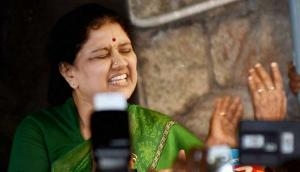
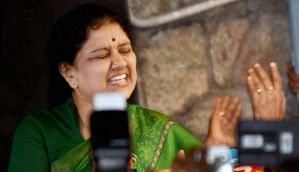

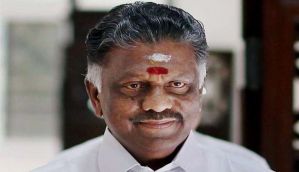
![BJP's Kapil Mishra recreates Shankar Mahadevan’s ‘Breathless’ song to highlight Delhi pollution [WATCH] BJP's Kapil Mishra recreates Shankar Mahadevan’s ‘Breathless’ song to highlight Delhi pollution [WATCH]](http://images.catchnews.com/upload/2022/11/03/kapil-mishra_240884_300x172.png)

![Anupam Kher shares pictures of his toned body on 67th birthday [MUST SEE] Anupam Kher shares pictures of his toned body on 67th birthday [MUST SEE]](http://images.catchnews.com/upload/2022/03/07/Anupam_kher_231145_300x172.jpg)


_251371_1280x720.jpg)
